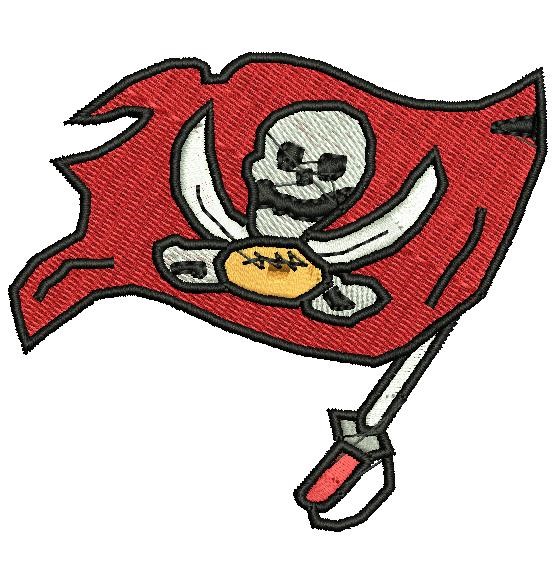Medical assistants function as fundamental healthcare providers throughout progressive medical facilities. Many patients encounter medical assistants as their primary healthcare point of contact since they perform healthcare administration tasks and clinical duties in medical facilities. If you want to enter a healthcare career, investigating medical assistant programs in Virginia can be an intelligent and rewarding decision.
This blog will guide you through everything you want to know about the Virginia medical assistant programs—what they are, how to choose the best school to start, the job market, and what to expect once you graduate.
What is a Medical Assistant?
- Capturing patient vital signs
- Booking appointments
- Recording patient histories
- Drawing blood for blood samples
- Assisting with minor procedures
- Preparing exam rooms
Medical assistants must be organized, compassionate, communicative, and have the ability to multitask. They also require good people skills since they spend most of their time with patients.
Why Become a Medical Assisting Professional?
Medical assisting offers several advantages:
- Brief training period – Most programs take less than a year to complete.
- Job stability – Demand for medical assistants is skyrocketing
- Diverse work settings exist in outpatient care facilities, physician practices, hospitals, and clinics.
- Hands-on work – You’ll gain practical skills and work with patients daily.
Overview of Medical Assistant Programs in Virginia
If you are looking for Virginia medical assistant schools, several provide certificate, diploma, and associate degree programs.
1. Certificate and Diploma Programs
These are the most desirable routes and last 9 to 12 months. They are specialized in basic skills such as:
- Medical terminology
- Anatomy and physiology
- Phlebotomy
- Basic pharmacology
- Office procedures
These programs get completed quickly, helping you enter the workforce quickly.
2. Associate Degree Programs
These programs take two academic years to complete. Most community colleges and degree granting colleges provide these programs. While longer, associate degrees can give you an edge in the job market and credits that can be transferred to a more advanced education.
Accreditation Matters
In searching for medical assistant classes, make sure that a recognized body certifies the school, such as:
- CAAHEP (Commission on Accreditation of Allied Health Education Programs)
- ABHES (Accrediting Bureau of Health Education Schools)
Accredited programs are of good quality and make you eligible to take the Certified Medical Assistant (CMA) or Registered Medical Assistant (RMA) exams after graduation.
What Will You Learn?
Most Virginia medical assistant programs provide classroom training with added practice. Some of the topics you will study include:
- Human anatomy and medical terminology
- Medical law and ethics
- Clinical procedures like EKG and injections
- Patient care practices
- Medical billing and coding
- Health information management
You will also undergo a clinical externship to receive practical experience within the healthcare setting.
Choosing the Right Program in Virginia
- Accreditation: Program accreditation status should be verified because it shows the program meets accredited requirements.
- Job Placement Rates: Search for educational institutions that maintain successful placement statistics for their graduate students.
- Hands-on Training: Check if the training program includes a supervised practical experience through its clinical externship.
- Flexible Schedules: Some courses have evening or online classes, which are great if you work or have other commitments.
- Student Support Services: Look for programs that offer test preparation, tutoring, and career counselling.
Some well-known Virginia schools offering medical assistant programs include local community colleges, technical schools, and health education schools. A few are even Degree-Granting Colleges, which can be a plus if you continue to further your schooling at some point in the future.
Job Opportunities and Salary
According to the U.S. Bureau of Labor Statistics, medical assistant occupations are projected to grow 14% from 2022 through 2032, above the average for all occupations. This is caused by an ageing population and increased demand for healthcare services. Urban areas like Richmond, Virginia Beach, and Northern Virginia are more profitable.
Certification Options
Although it is not mandatory in Virginia, it is highly recommended as it greatly enhances your chances of employment. The most accepted certifications are:
- Certified Medical Assistant (CMA): Provided by AAMA
- Registered Medical Assistant (RMA): Provided by AMT
- National Certified Medical Assistant (NCMA): Offered by NCCT
Most employers desire certified candidates who are committed to the profession and have proven skills.
What Happens After Graduation?
When you complete your course, you can:
- Pass a certification test
- Search for employment postings in hospitals, physicians’ offices, urgent care facilities, and medical clinics.
- Pursue further study in nursing or health administration as preferred.
Most graduates are soon employed due to the growing demand in the health field.
Final Thoughts
Joining one of the numerous medical assistant programs in Virginia is an excellent decision if you want a secure, rewarding, and exciting health profession. With flexible training schedules, challenging job demands, and the possibility of advancement, this profession is an excellent start for individuals who want to serve others.
Whether starting from scratch or looking to make a career change, a solid program—an accredited school’s or a Degree-Granting College’s program- can translate into a better tomorrow in the healthcare sector.







